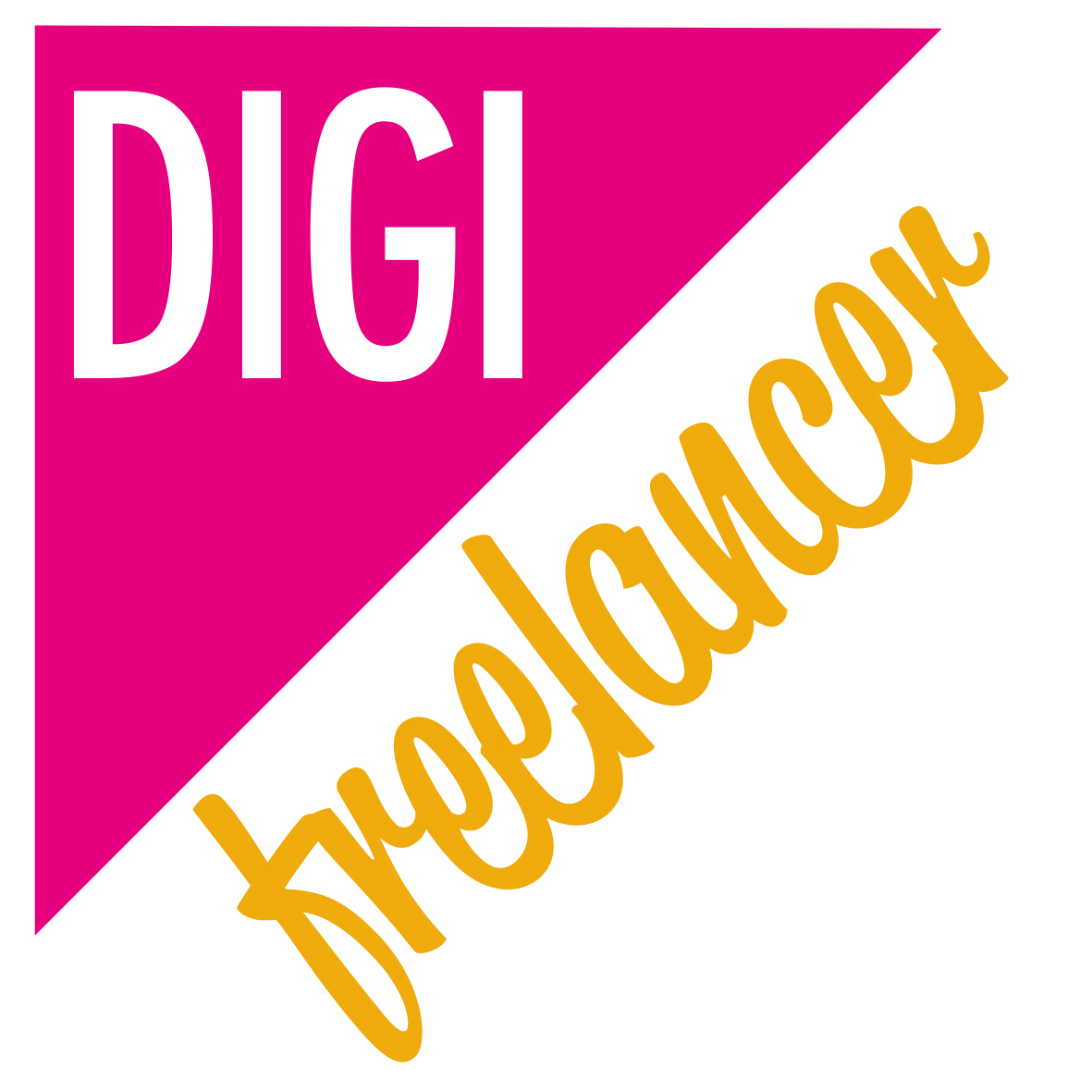Project results
Our project aims to build a European freelance economy model that enhances entrepreneurial growth.
The start-up model (based on innovation, merit and profit) has lost some of its appeal, while phenomena such as remote working and Great Resignation are creating new opportunities for freelancers. The number of people saying they are interested in becoming freelancers is increasing, but without the right preparation – not only from a technical point of view, of their work, but also of the dynamics linked to entrepreneurship – there is a risk of “shifting the problem” and ending up with a freelance economy that is neither sustainable nor competitive.
Examining the “health” of the freelance world in Europe today and assessing what are the real opportunities for growth in the sector is the first step towards making the freelance category grow, not only in units but also in services and competitiveness.


Check our results!
DIGIfreelancer aims to carry out:
- a nationwide and European-wide survey of freelance services
- a methodology for VET trainers for coaching freelancers
- an OER platform acting as a virtual incubator for freelance business and aspiring freelancers.
On this page you will find all the project documents representing the main steps we have taken to implement it.

OVERVIEW OF THE FREELANCE WORLD IN EUROPE
As a first step, wide research will be conducted in all partnership countries, in order to deliver a timely and accurate snapshot of the world of freelancing in Europe. The research phase will be directed to highlight both the main characteristics of freelancers in the involved countries along with the expectations and needs of workers in terms of opportunities and training requirements. The final objective is to set up an overall analysis in order to arrive at the creation of defined profiles of the different types of freelancers the project wants to reach.

ENTREPRENEURIAL TRAINING OF FREELANCERS
Entrepreneurship education is crucial to provide individuals with the aptitude to identify business opportunities, the self-esteem, the knowledge and the skills to act on them. It involves the development of a proper entrepreneurial mindset, instruction in identifying opportunities, marketing a concept, managing resources etc.
During this phase, the partnership will analyse the most popular training models currently dedicated only to startups, in order to understand which are the most useful training steps that can be proposed also to freelancers in order to make them successful with their business.

The Handbook
Final output of phase two will be a Handbook aimed to be a guide for the creation of the freelance incubator model that can be adopted and replicated throughout Europe.
The handbook will provide an accurate picture of the training methodology to be adopted in order to build a solid and sustainable freelance economy, taking into account the needs emerged from the previous analysis.
This will lead to the creation of a model that combines wishes of the self-employed with opportunities for their entrepreneurial growth.

IMPLEMENTATION OF A DIGITAL INCUBATOR
The implementation of the digital incubator for freelancers will allow to bring the business model developed in the previous phase into reality. The implementation will involve the creation of a digital platform – an interactive and innovative tool, where European freelancers can keep in touch and have access to:
- entrepreneurial training services
- virtual/real networking events
- specific advice
- exchange of skills and experiences
- marketplaces to offer their services
